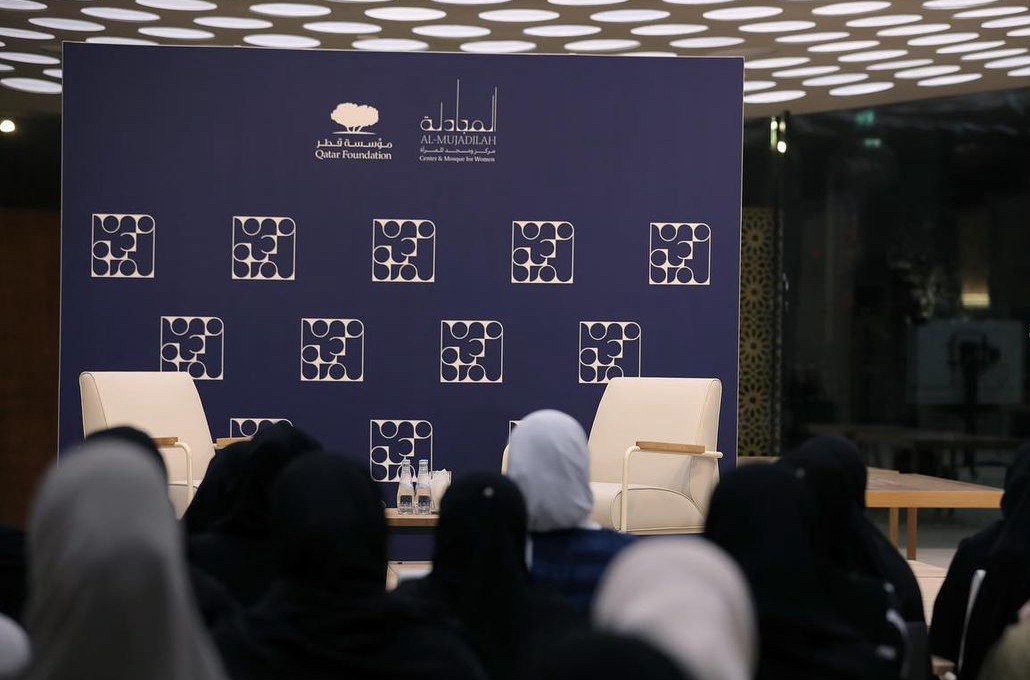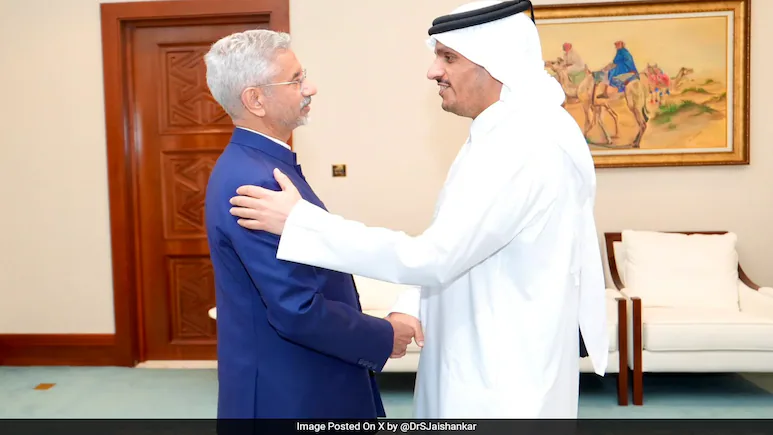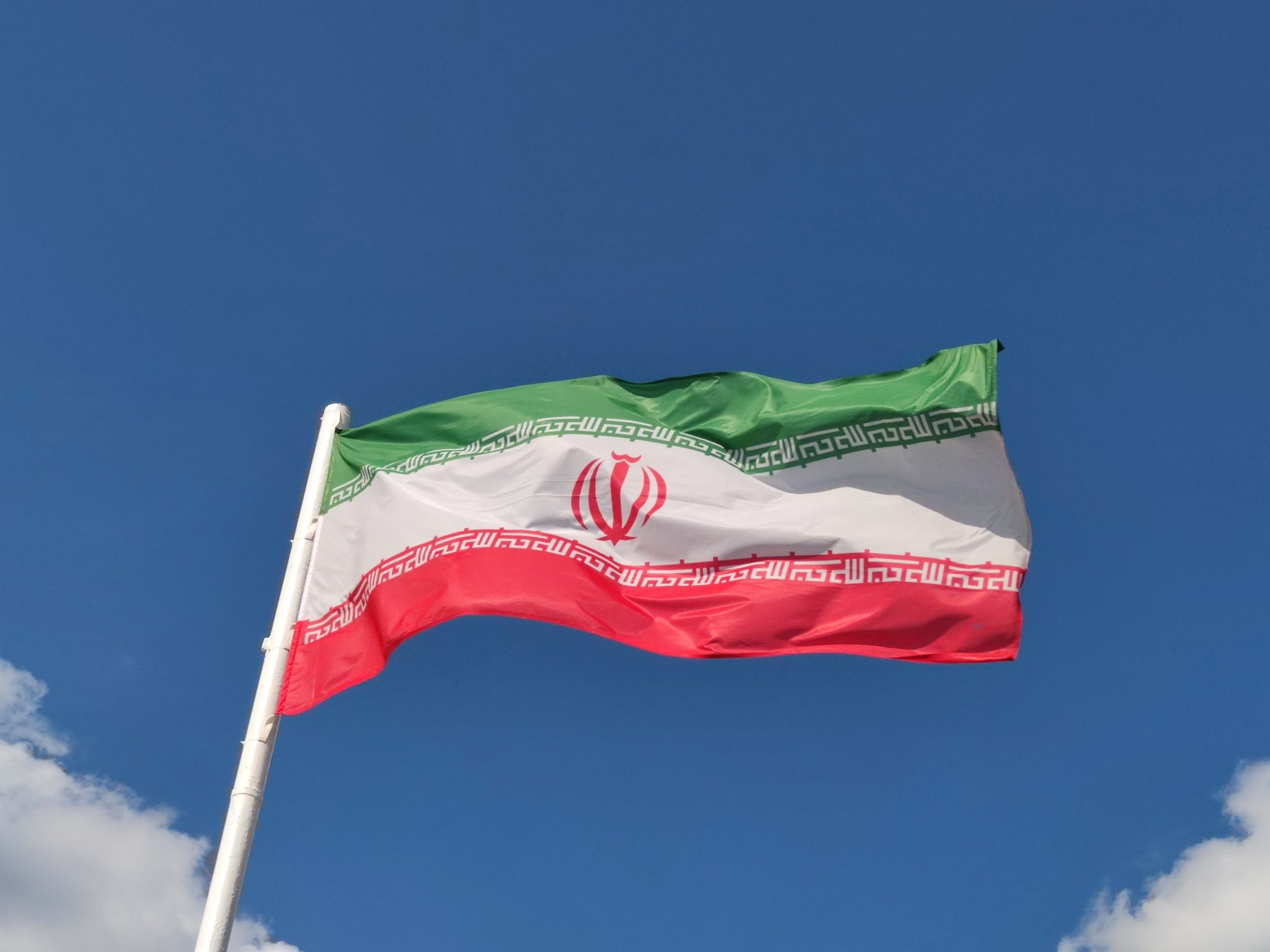Qatar’s Sheikha Moza bint Nasser established Al-Mujadilah to change the status quo of religious spaces not wholly serving her country’s women.
Sheikh Fahd Salem Al Kandari, a Kuwaiti imam, will lead the isha and Tarawih prayers at Doha’s Al-Mujadilah Centre and Mosque for Women in Education City.
Muslims must pray five times daily, with isha being the last prayer of the night.
During the holy month of Ramadan, worshippers can perform Tarawih – which is a non-obligatory supererogatory prayer, consisting of eight and three rakats (units) of prayer.
Tarawih, specific to the holy month, can be performed between the end of isha and before fajr, or the dawn prayer.
After leading Tarawih, Sheikh Fahd, who is an imam at the Kuwaiti Grand Mosque, will also deliver religious reflections in Arabic to Al-Mujadilah’s all-women congregation.
During the last ten days of Ramadan, the Kuwaiti imam will also be leading nightly qiyam prayers.
Like tarawih, qiyam is non-obligatory. However, they strongly encourage believers to engage in a spiritual reset by reciting the Quran and remembering their Creator.
‘I envisioned a space for women’ – Sheikha Moza
Sheikha Moza bint Nasser inaugurated Al-Mujadilah in January, later opening its doors to Qatar’s women in February.
The first of its kind in Qatar, the centre offers a mosque, learning spaces, a library replete with titles about influential women in Islam’s history, a garden and a soon-to-open cafe.
During an interview in February, Sheikha Moza, who founded the centre, said that Islam’s holy book dedicates chapters and verses to Muslim women.
“There are verses that address women. Surah Al Nissa, Surah Al Mumtahanah, Surah Al Mujadilah. Allah honoured women and protected their rights,” the Qatari royal said.
She also remarked that during her visits to mosques in Qatar before Al-Mujadilah was established, she felt that her nation’s women were facing injustice because religious spaces were not structured to meet their needs.
“I envisioned a space for women,” she added. “A space where women can worship and learn about matters of life and religion.”







